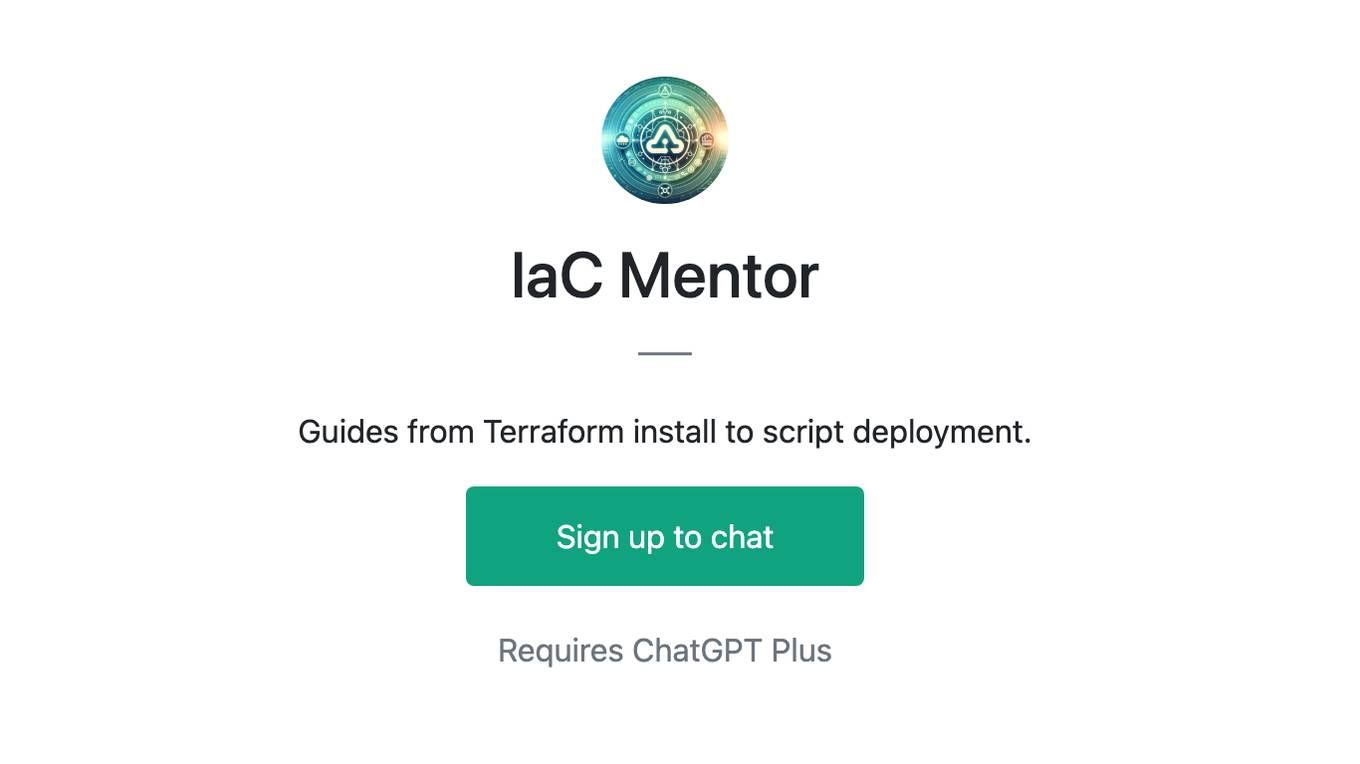Best AI tools for< Terraform Engineer >
Infographic
3 - AI tool Sites
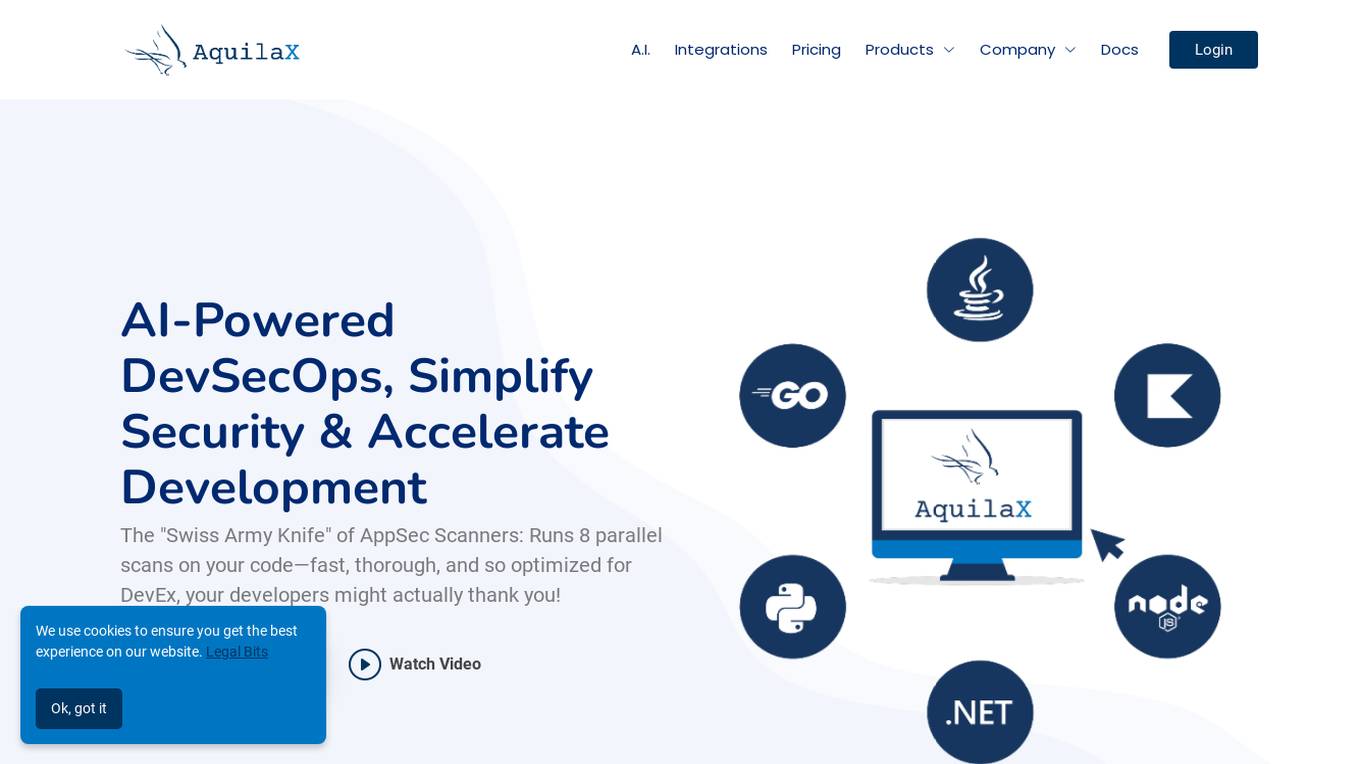
AquilaX
AquilaX is an AI-powered DevSecOps platform that simplifies security and accelerates development processes. It offers a comprehensive suite of security scanning tools, including secret identification, PII scanning, SAST, container scanning, and more. AquilaX is designed to integrate seamlessly into the development workflow, providing fast and accurate results by leveraging AI models trained on extensive datasets. The platform prioritizes developer experience by eliminating noise and false positives, making it a go-to choice for modern Secure-SDLC teams worldwide.
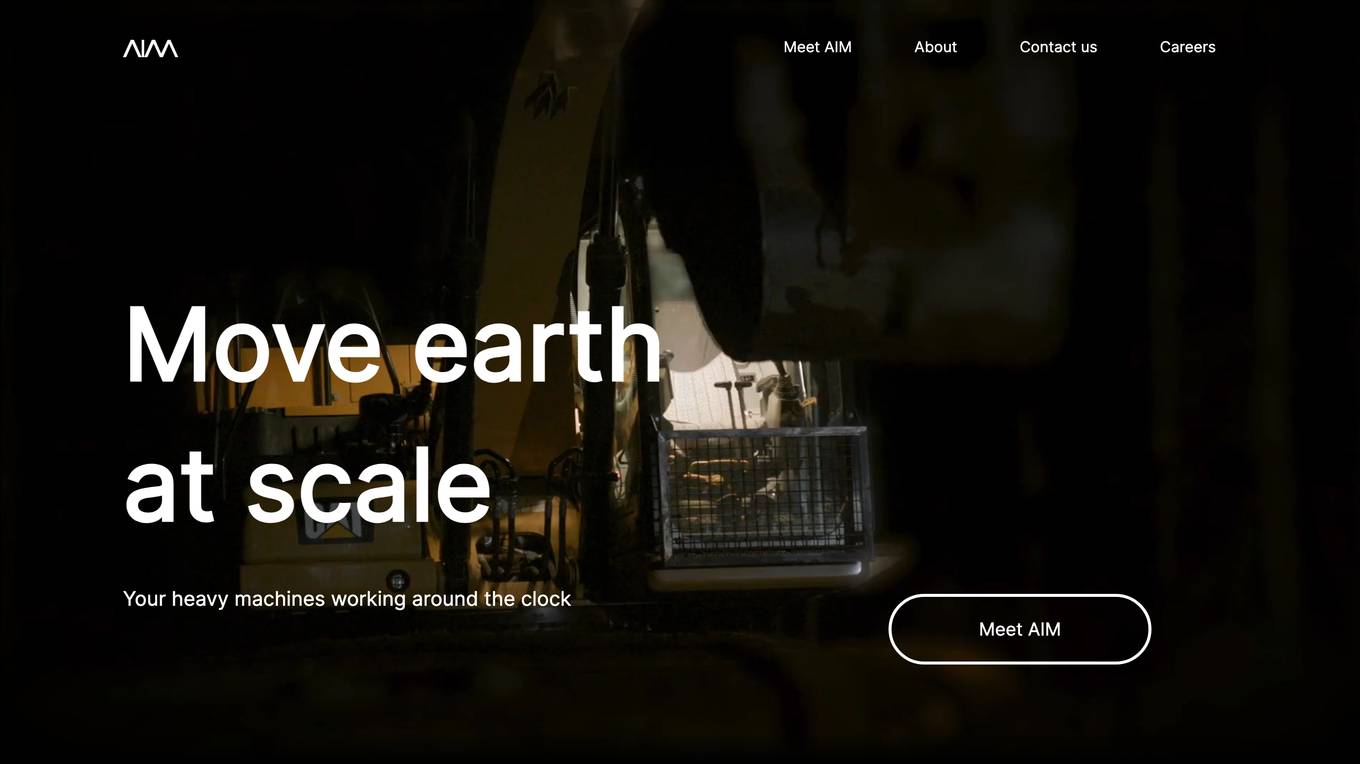
AIM Intelligent Machines
AIM Intelligent Machines is an AI application that transforms existing heavy equipment into autonomous fleets, enhancing safety and productivity in mining and construction operations. The AIM Technology Platform offers a rugged plug-and-play solution for various heavy equipment fleets, enabling partners to transition to autonomous operation seamlessly. The solution ensures continuous peak performance of heavy equipment, even in challenging weather conditions, leading to maximally safe operational sites and improved efficiency. AIM is fully insured for autonomous operation and empowers employees to upskill in site planning, remote management, and data analytics.
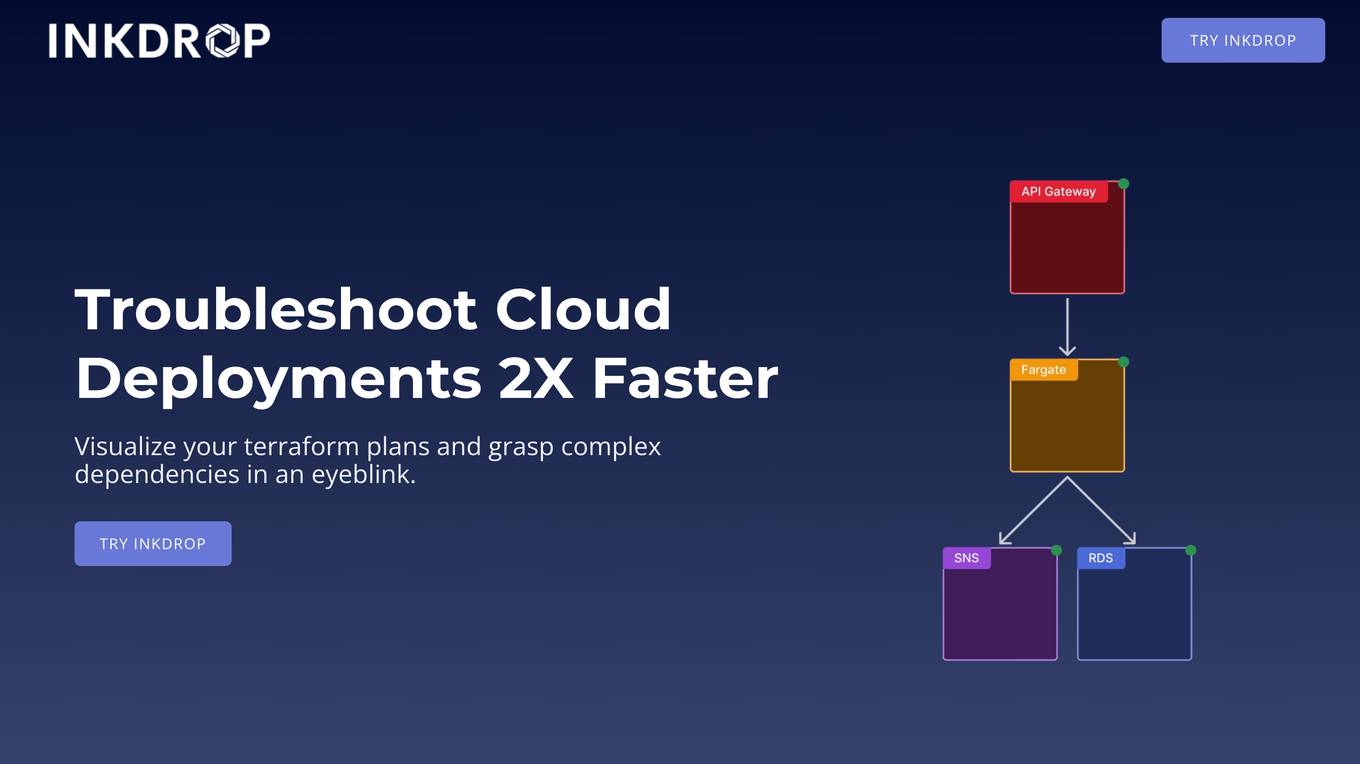
Error Resolver
The website encountered an internal server error, resulting in a 500 Internal Server Error message. This error typically occurs due to server misconfiguration or internal server issues. Users are advised to contact the server administrator at [email protected] to report the error along with details of the actions performed prior to the error. Additional information about the error may be found in the server error log.
0 - Open Source Tools
3 - OpenAI Gpts
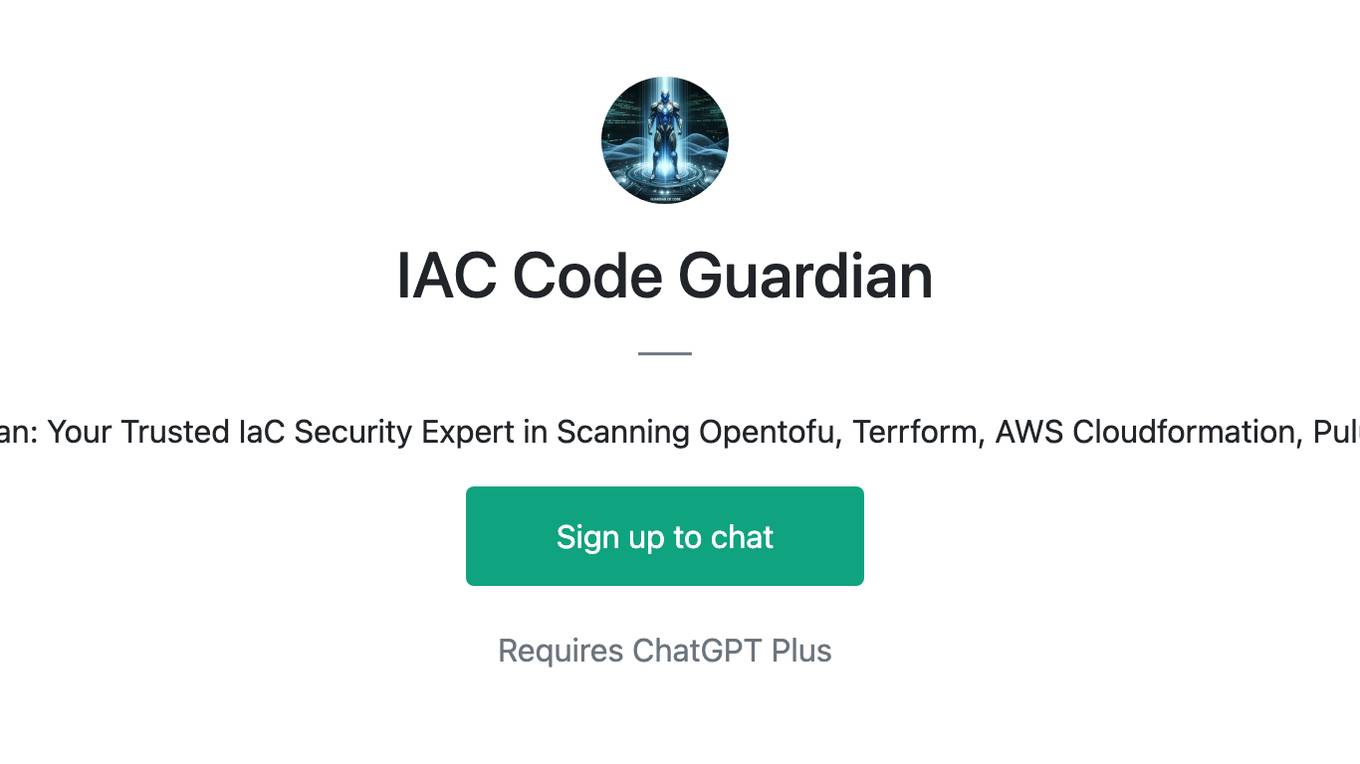
IAC Code Guardian
Introducing IAC Code Guardian: Your Trusted IaC Security Expert in Scanning Opentofu, Terrform, AWS Cloudformation, Pulumi, K8s Yaml & Dockerfile
